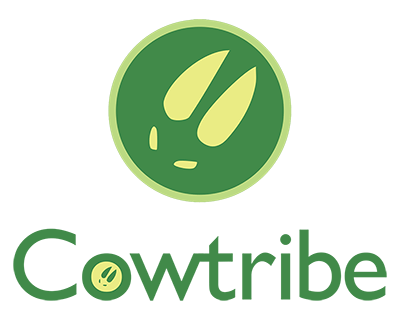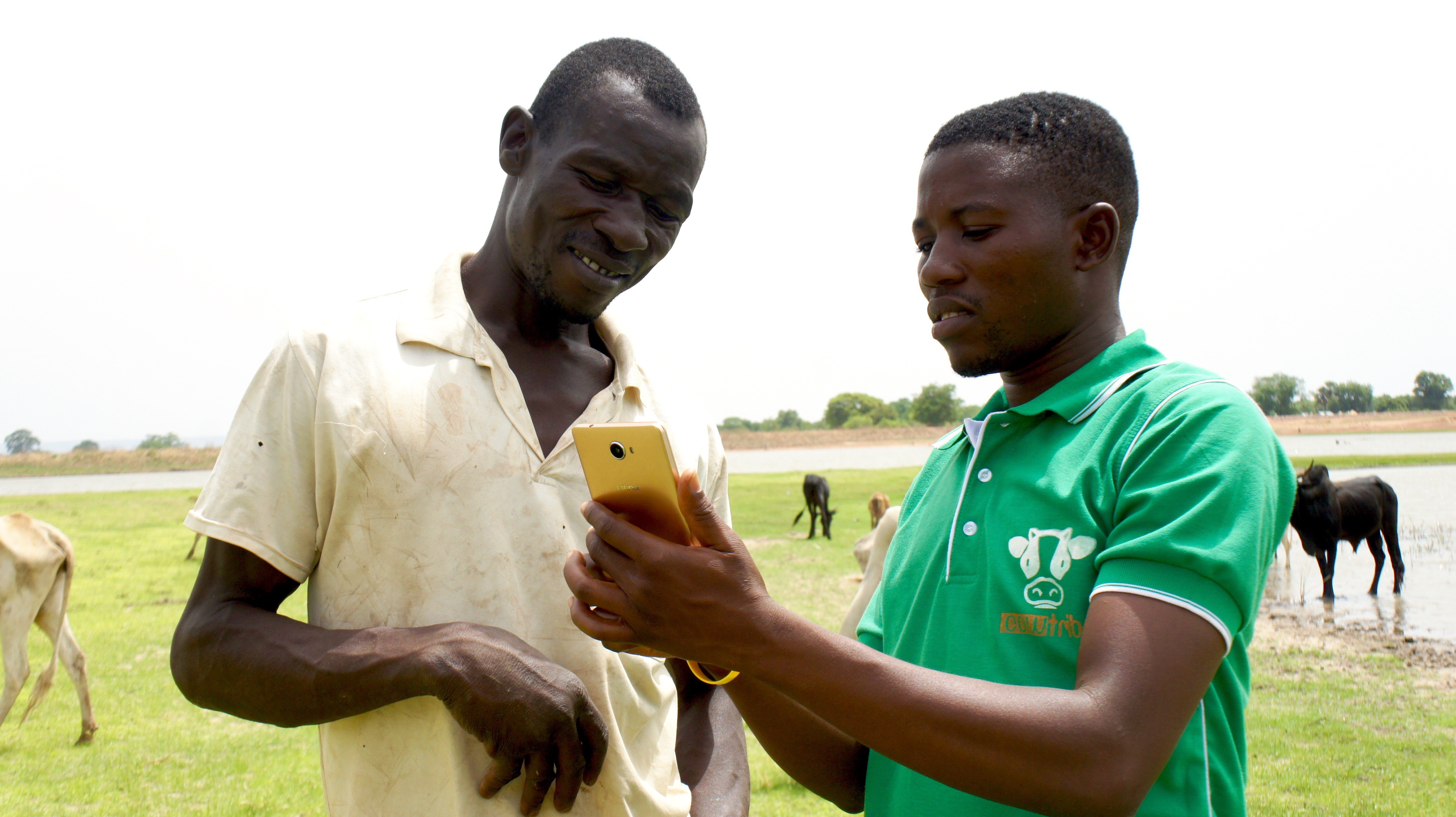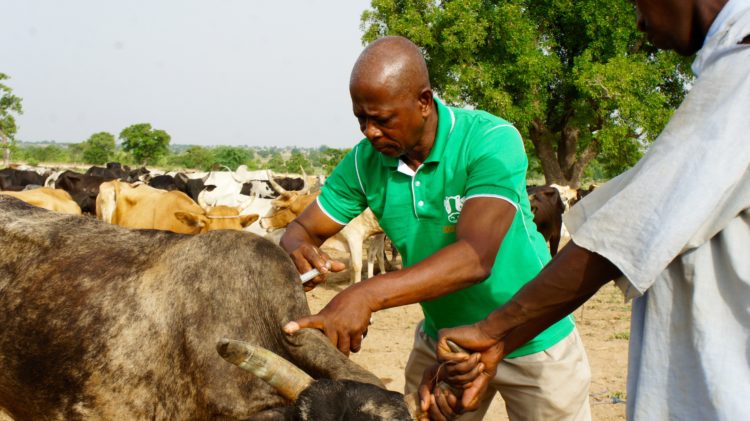 Back in the days when things were being done manually. Patients visiting hospitals or veterinary clinics had to wait for hours before they could have medical doctors or vets to attend to their pressing needs. Fast forward to the digital age, when you can virtually do everything via mobile devices. We have seen Africa’s technology startups spin up disruptive ideas across various sectors viz AgriTech, FinTech, EdTech, BioTech, amongst others. The impact of which we have seen across lives and institutions in Africa. Our largest export as a continent remains Agriculture and we have seen Agritech startups improve the operations of the Agric Value Chain. FarmCrowdy, HelloTractor, FarmForte, Zowasel etc are disrupting different ends of the value chain.
Back in the days when things were being done manually. Patients visiting hospitals or veterinary clinics had to wait for hours before they could have medical doctors or vets to attend to their pressing needs. Fast forward to the digital age, when you can virtually do everything via mobile devices. We have seen Africa’s technology startups spin up disruptive ideas across various sectors viz AgriTech, FinTech, EdTech, BioTech, amongst others. The impact of which we have seen across lives and institutions in Africa. Our largest export as a continent remains Agriculture and we have seen Agritech startups improve the operations of the Agric Value Chain. FarmCrowdy, HelloTractor, FarmForte, Zowasel etc are disrupting different ends of the value chain.
In the land of the Gold Coast, West Africa; CowTribe, Ghana’s first mobile enabled on-demand service platform for veterinary extension is revolutionizing how farmers get veterinary treatment for their animals, deliver life-saving animal vaccines and make other veterinary services readily available where they are mostly needed.
On TGA’s Start-up Spotlight today, we take a broader look at Cowtribe, Ghana’s first mobile abled on-demand service platform for veterinary extension. With Cowtribe, farmers make appointments with professional veterinarians via mobile phone.
Cowtribe: The Idea
Cowtribe was born out of farmers’ frustration with poor and unreliable access to veterinary services in Ghana. There are over 13 million small scale farmers who reside in rural and sub-urban areas of Ghana. In these areas, over 75% of rural people and 25% of sub-urban people depend on livestock for their livelihoods. The rearing of livestock plays an important role in enabling smallholder farmers have resilient livelihoods and to avoid both food insecurity and poverty, as livestock can contribute up to 33% of household income. Most of these farmers, however, are losing out due to high livestock mortality. In some communities the mortality rates could be as high as 60%. CowTribe aims to put a stop to such deaths in Ghana, West Africa and across the entire continent.
Statistically and realistically, Ghana lacks veterinary workers, with around 42 specialists and less than 2000 technicians available to meet the needs of millions of farmers. Eighty percent (80%) of vets in the country are based in the urban areas and only the wealthy farmers have access to them.
“The sole idea is to build emergency platform that can make veterinary health care services available to every farmer, anywhere, anytime. That’s the goal that we have set for ourselves.”, says Awin Peter, Co-founder and CEO of CowTribe.
The need for professional veterinarians which the country isn’t providing for the rural farmers prompted Peter Awin and his team to launch CowTribe in April 2016 to salvage these farmers.
If a farmer’s cow, sheep or goat falls ill, and he can’t wait for several days for a veterinarian to come, such farmers put a call through to the Cowtribe hotline and send a vet doctor his way within 24 hours or less and provide access to the national network of over 207 private and public veterinarians across Ghana.
Aside from sending vets to farmers, they also keep abreast farmers about disease outbreaks and offering practical advice to farmers like what symptoms they should look out for. There are currently over 11,000 farmers from 97 communities subscribing to use the services on the CowTribe platform.
Also See: StartUp Spotlight: How Afrimash is helping farmers to Buy Agricultural Inputs Online

CowTribe: How It works
First, a Farmer subscribes for CowTribe service using his/her mobile phone and all relevant information about the farmer and his/her animals are collected to help better understand his/her needs.
Managing all Schedules: The farmer’s information is used to create a schedule that’s tailored to the his/her exact needs. And then all the schedules are managed and reminders are sent to him when his animals are due for care.
The platform is connected to a central call center and with a simple call to a short code, the farmer is connected to an operator who will ask a few basic questions and quickly triangulate the appropriate need during any emergency. From the farmers description, CowTribe decides whether to immediately schedule an animal officer from its over 500 national network of both private and public veterinarians, animal nutritionists and trained animal health volunteers.
Apart from the interactive voice radio services, farmers can use an SMS-based platform for farm emergencies, real-time notifications on a disease outbreak as well as practical tips or symptoms and advise them on what they ought to do to avoid the spread of the epidemic. Whether using voice or SMS, the on-demand platform ensures farmers’ needs are met and safeguarded from loss of their livestock.
And lastly, CowTribe ensures to coordinate the provider side, manage all aspects of the service, obsessing over every detail to ensure that a qualified Vet comes to deliver the right treatment to his animals. Pretty simple right, Easy.
The ease of use and quality of service has endeared CowTribe to over 120 qualified vets from Northern and Upper East Region of Ghana alone, servicing both substinence and commercial scale farmers, spanning across over 15,000 active subscribers.
CowTribe has already received some recognition like the British Council Social Innovation Challenge in December 2016 in Ghana as the second runners up. It was selected as one of the 25 finalists at the Pitch AgriHack 2016 tech start-up competition 2016. In April 2017, Cowtribe also placed second in the GAIA Agtech West Africa Challenge and also won the Seedstars Ghana Pitch Competition which held earlier this year.
CowTribe’s revenue is via annual subscriptions of $5 per farmer to access 24hr emergency response, disease outbreak alerts, routine livestock checkup and subsidized vaccination and treatment costs. Also, animal health workers and Vets pay a monthly subscription fee to access the service and connects with patients.
CowTribe, as with other worthy technology innovation in Africa, continues to make real impact in their community, creating value and improving the livelihood of several Ghanaians and Africans.














